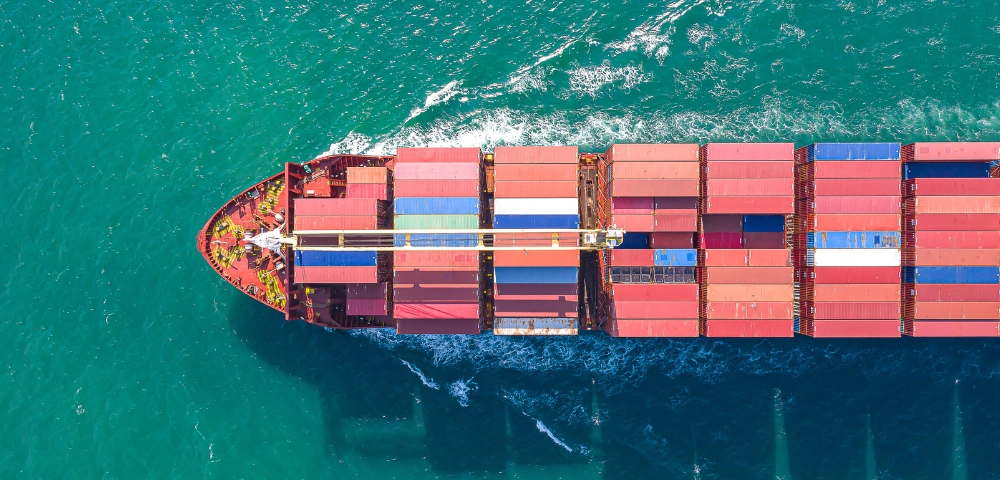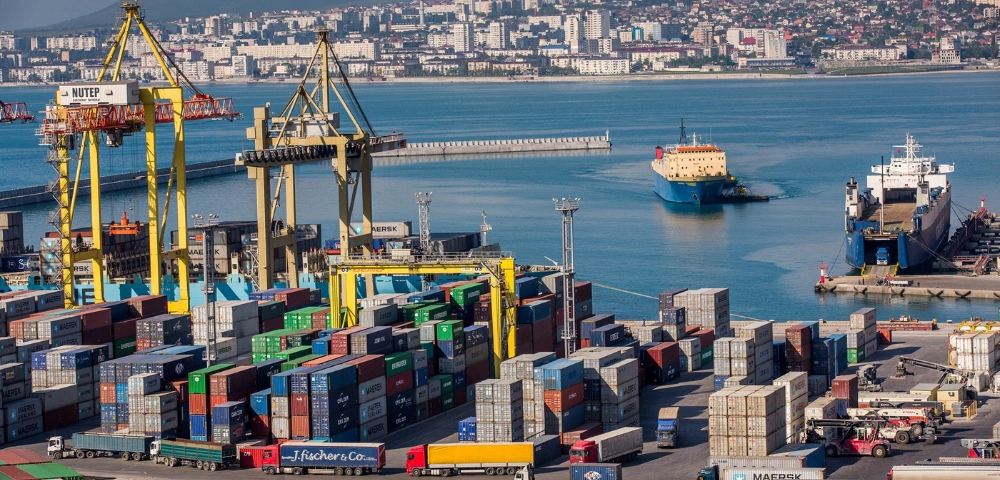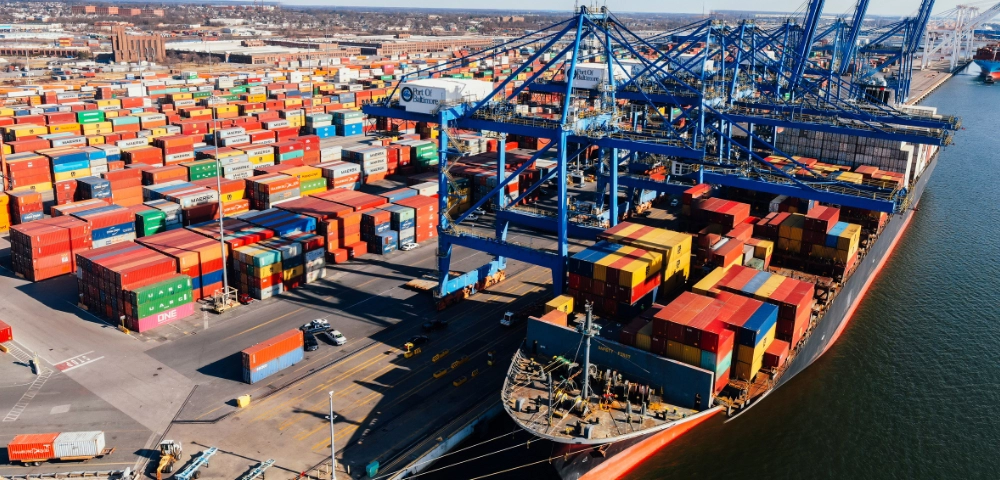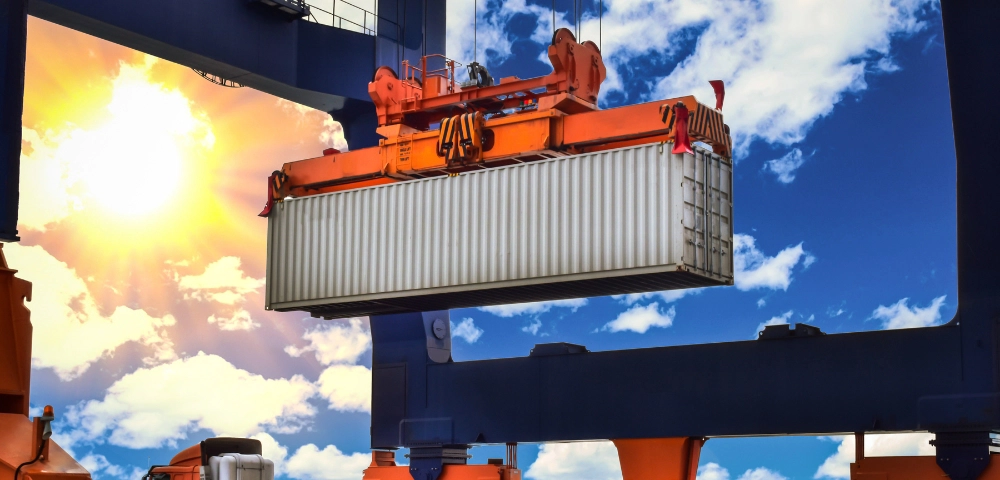Ports are the backbone of global trade, with over 80% of the world’s freight volume transported by sea. However, weather conditions significantly impact port operations, causing disruptions and inefficiencies. At Buluttan, we understand the critical role of weather intelligence in ensuring smooth port operations. Here's how integrating advanced weather risk solutions can transform port management.

The Influence of Weather on Port Operations
Maritime transport and port activities are highly susceptible to climatic conditions. Elements such as wind speed, wave height, rain, and fog can severely disrupt ship maneuvers and port operations. Adverse weather not only makes it harder for ships to dock and undock but also causes variability in demand, as shipping schedules get delayed or rescheduled. This means ports often need extra capacity to handle sudden peaks in demand, which can remain unused during quieter periods.

Key Findings from Recent Research
In March 2020, an article by Garcia-Alonsoet al. published on Spanish ports from 1992 to 2016 highlighted the significant impact of weather on port efficiency:
Weather Impact
Adverse conditions like wind and waves accounted for a 5.3% variation in port efficiency.
Tidal Influence
Tidal amplitude, affected by wind and wave conditions, also plays a crucial role in port productivity.
Growing Threats from Climate Change
Extreme weather events are becoming more frequent and intense due to climate change. Nearly nine in ten major ports are vulnerable to climate hazards, including coastal flooding and windstorms. The Environmental Defense Fund estimates climate change impacts could cost the shipping industry an additional USD 25 billion annually by 2100.

Solutions for Managing Weather Risks
Advanced Weather Forecasting
Utilize real-time weather data and advanced forecasting models to predict adverse weather conditions. This allows for proactive planning and adjustments in operations to minimize disruptions.
Resilient Infrastructure
Invest in infrastructure that can withstand extreme weather events. This includes reinforcing docks, breakwaters, and storage facilities against high winds and flooding.
Operational Flexibility
Develop flexible operational strategies to quickly adapt to changing weather conditions. This may involve rerouting shipments, rescheduling loading/unloading times, and adjusting staffing levels.
Climate Adaptation Plans
Implement long-term climate adaptation plans that address the increasing frequency and intensity of extreme weather events. These plans should include strategies for sea-level rise, increased storm frequency, and other climate change impacts.
Insurance and Financial Instruments
Leverage weather risk insurance and financial instruments to mitigate economic losses due to weather-related disruptions. This provides a safety net and ensures business continuity.
Technology Integration
Weather intelligence solutions can be strengthened with AI and machine learning to monitor and analyze weather data continuously. This can provide early warnings and actionable insights to enhance decision-making processes. Buluttan Zoomcast Port product provides highly accurate service for, supporting port operation teams with an easy-to-use interface that aids decision-making and incorporates warning-alarm mechanisms. This integration results in reduced ship waiting times and demurrage costs, enhances supply and stock planning by allowing for high-accuracy forecasts days in advance, optimizes workforce allocation, and reduces weather-related security risks.
Benefits of Technology Integration
- Real-Time Data Collection and Analysis: IoT sensors and weather monitoring systems provide real-time data on weather conditions, enabling timely and accurate decision-making.
- Predictive Analytics: AI and machine learning models analyze historical and real-time data to predict weather patterns, helping ports prepare for adverse conditions in advance.
- Enhanced Operational Efficiency: Automated systems optimize logistics and resource allocation based on weather forecasts. Enhanced communication between different business units creates better planning and reducing downtime and improving overall efficiency.
- Improved Safety: Advanced warning systems ensure the safety of port workers and assets by providing early alerts about extreme weather events.
- Cost Savings: Minimizing weather-related disruptions and damages can lead to significant cost savings in operations and maintenance.

By leveraging these technological solutions, ports can enhance their resilience, maintain operational efficiency, and mitigate the impacts of adverse weather conditions.
Weather conditions are an uncontrollable yet significant factor in port operations. By integrating weather intelligence and investing in resilient infrastructure, ports can better manage these challenges and maintain their efficiency and competitiveness. As global trade continues to grow, staying ahead of these climatic challenges will be key to ensuring smooth and efficient port operations.
For businesses involved in port operations, embracing weather intelligence isn’t just about reacting to storms—it’s about planning for a resilient future. Let’s sail towards smarter, more efficient ports together!




















